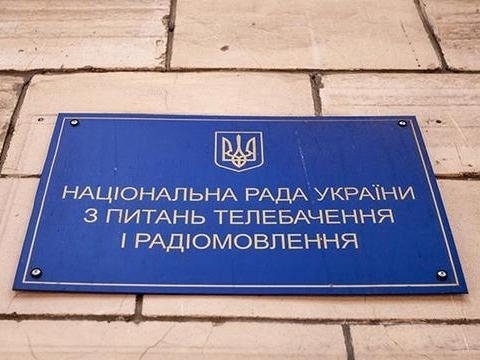The malware was able to retrieve communications and some locational data from infected devices, intelligence that would have likely been used to strike against the artillery in support of pro-Russian separatists fighting in eastern Ukraine, the report from cyber security firm CrowdStrike found. The findings are the latest to support a growing view among Western security officials and cyber security researchers that Russian President Vladimir Putin has increasingly relied on hacking to exert influence and attack geopolitical foes. The hacking group, known commonly as Fancy Bear or APT 28, is believed by U.S. intelligence officials to work primarily on behalf of the GRU, Russia's military intelligence agency. Both the CIA and FBI believe that Fancy Bear and other Russian hackers were responsible for hacks during the election that were intended to help President-elect Donald Trump defeat Hillary Clinton, according to two senior government officials.
Russian hackers tracked Ukrainian artillery units using Android implant: report
22.12.2016 р., 13:45

Останні новини

"День, якого не повинно бути" — поезія темних часів на Радіо Промінь

"Без Обмежень" новою піснею закликають берегти військових

Ukrainian Diary – digest of the most important news over the past week

Ukrainian Diary – digest of the most important news over the past week (audio)

Ukrainian Diary – digest of the most important news over the past week
Related News

Misinformation campaign seriously weakened Ukraine

Sanctions to be imposed against Ukrainian performers touring in Russia

US Department of State posted press statement on Ukraine
Work on return of Ukrainians illegally imprisoned in Russia continues

Russia to hold auctions on subsurface sections on Crimea shelf




